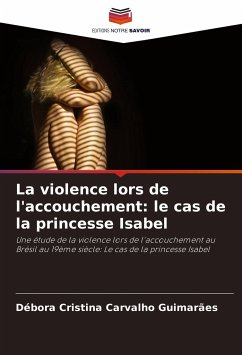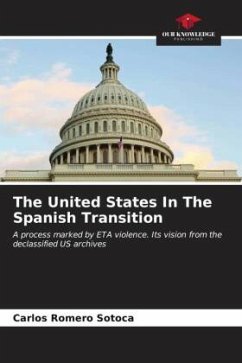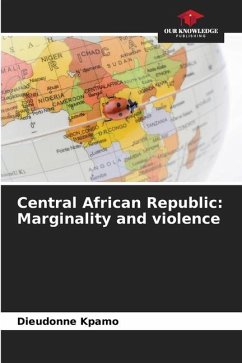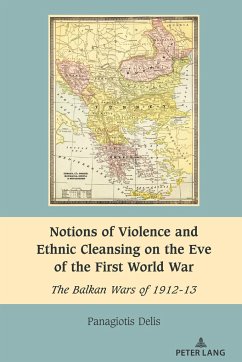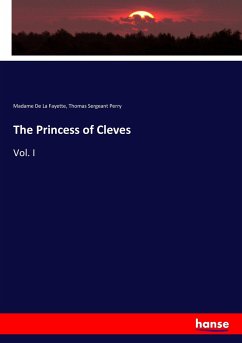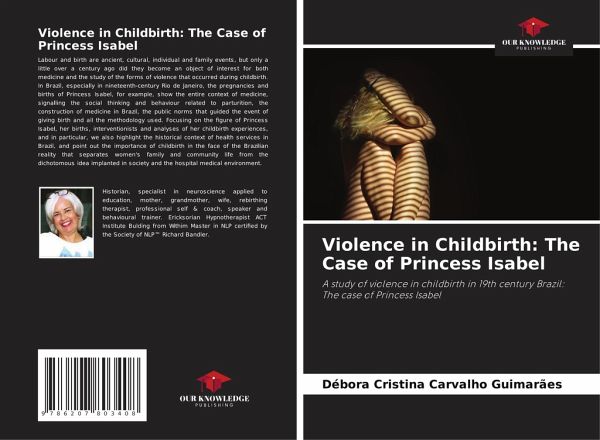
Violence in Childbirth: The Case of Princess Isabel
A study of violence in childbirth in 19th century Brazil: The case of Princess Isabel
Versandkostenfrei!
Versandfertig in 6-10 Tagen
27,99 €
inkl. MwSt.

PAYBACK Punkte
14 °P sammeln!
Labour and birth are ancient, cultural, individual and family events, but only a little over a century ago did they become an object of interest for both medicine and the study of the forms of violence that occurred during childbirth. In Brazil, especially in nineteenth-century Rio de Janeiro, the pregnancies and births of Princess Isabel, for example, show the entire context of medicine, signalling the social thinking and behaviour related to parturition, the construction of medicine in Brazil, the public norms that guided the event of giving birth and all the methodology used. Focusing on th...
Labour and birth are ancient, cultural, individual and family events, but only a little over a century ago did they become an object of interest for both medicine and the study of the forms of violence that occurred during childbirth. In Brazil, especially in nineteenth-century Rio de Janeiro, the pregnancies and births of Princess Isabel, for example, show the entire context of medicine, signalling the social thinking and behaviour related to parturition, the construction of medicine in Brazil, the public norms that guided the event of giving birth and all the methodology used. Focusing on the figure of Princess Isabel, her births, interventionists and analyses of her childbirth experiences, and in particular, we also highlight the historical context of health services in Brazil, and point out the importance of childbirth in the face of the Brazilian reality that separates women's family and community life from the dichotomous idea implanted in society and the hospital medical environment.





